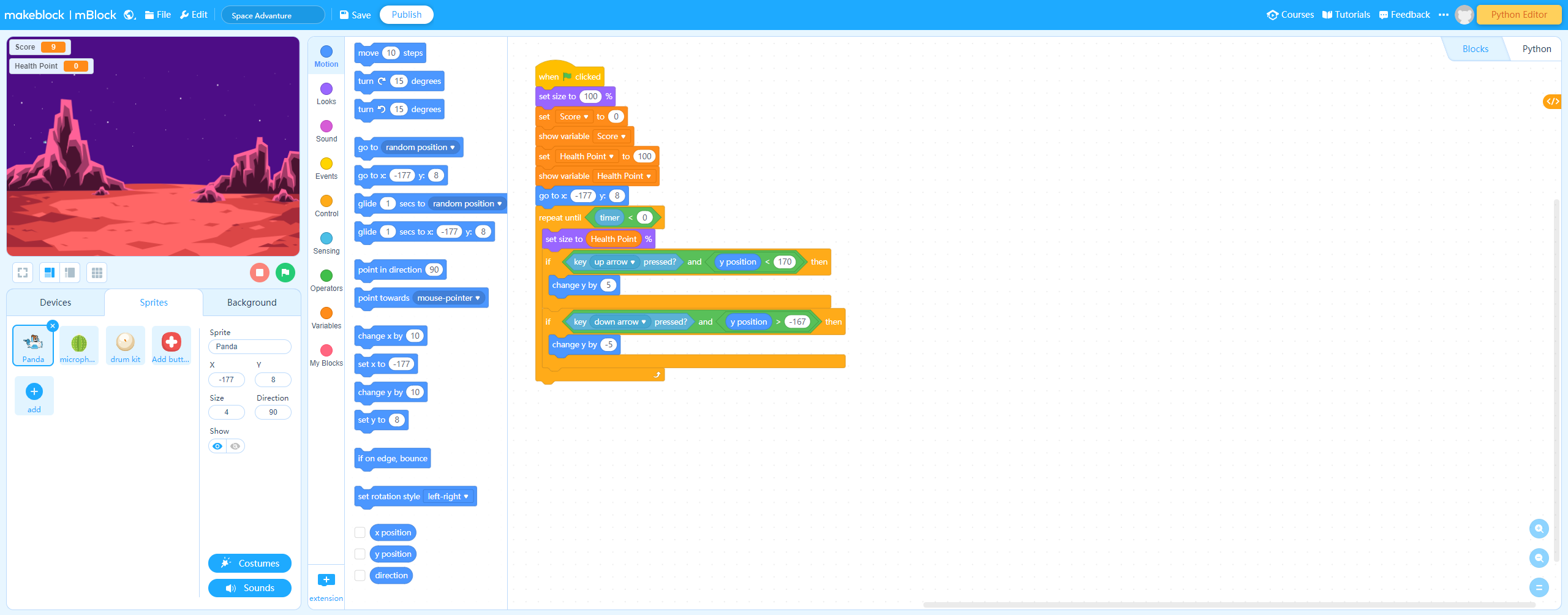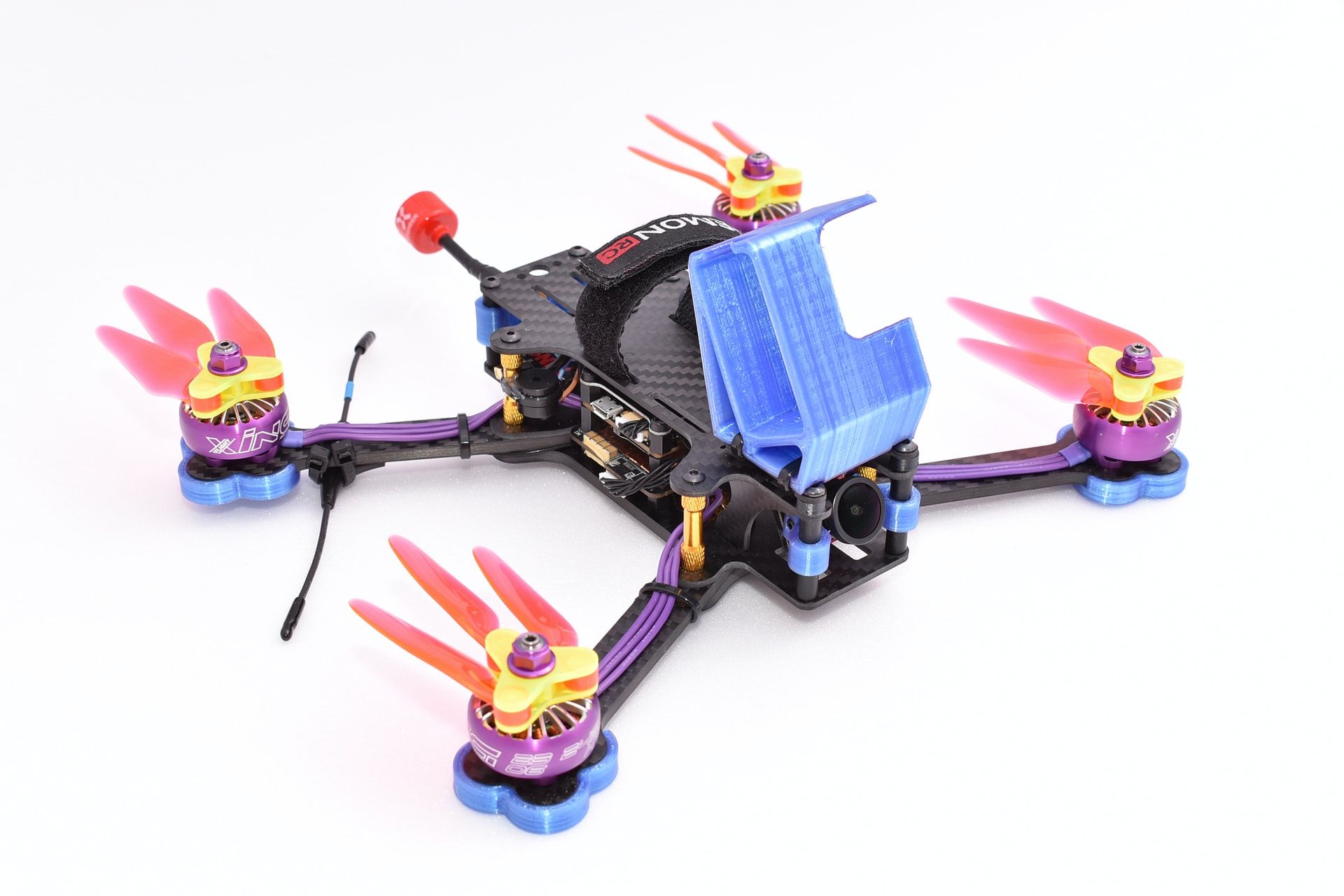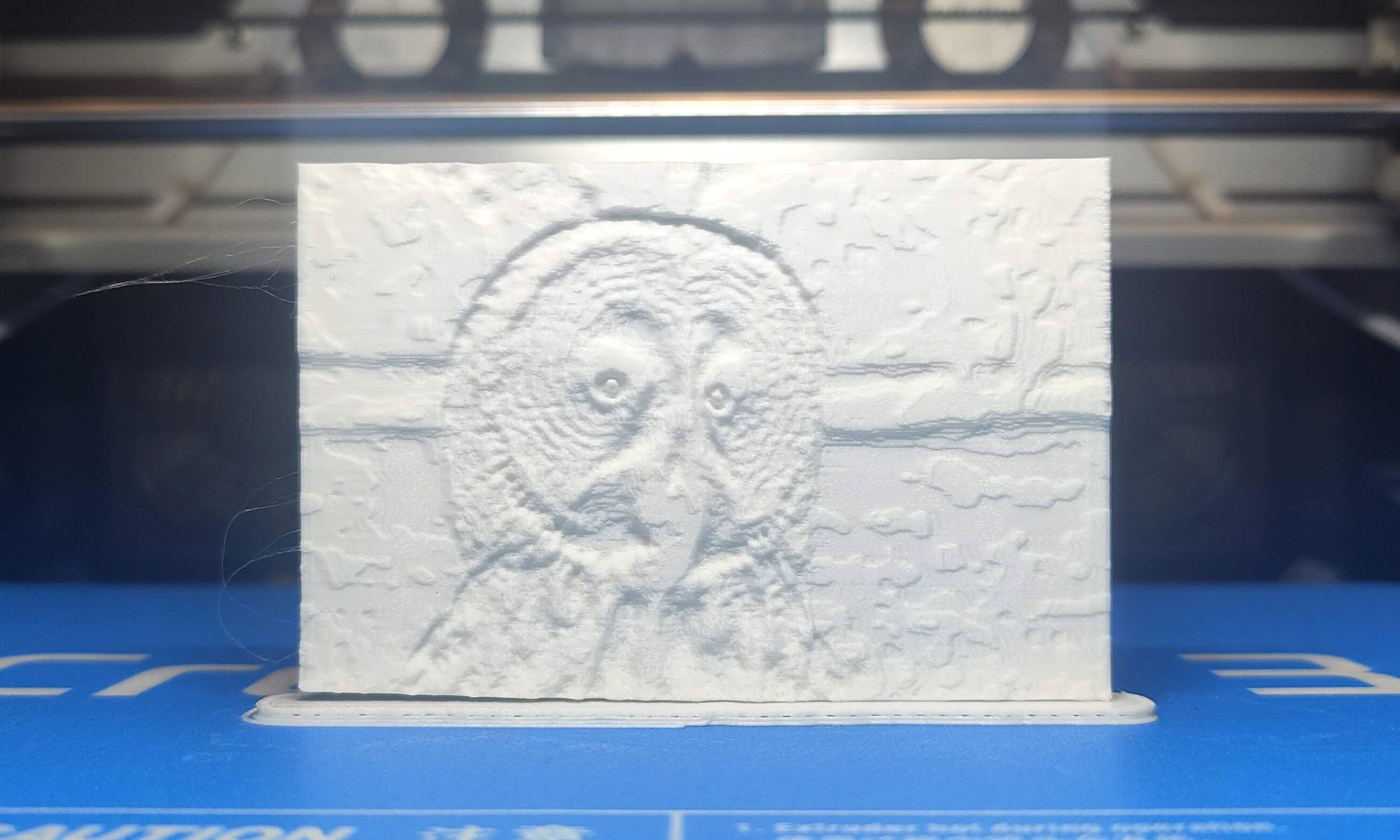6 Exciting Child-Friendly DIY Projects for World Youth Skills Day
World Youth Skills Day highlights the crucial need to help young people gain practical skills that they can use to improve their future. The day occurs every year on July 15. In the meantime, what can you do to celebrate World Youth Skills Day with your children?
Let’s take a look at a range of techy DIY projects that you can enjoy with children of varying ages.
1. Programming

According to SlashData, there are likely to be more than 45 million software developers in the world by 2030. The need for programmers in other roles is also increasing, though many schools are equipped to give young children a taste of this skill.
You can start to develop a child’s understanding of programming from around the age of four or five. Apps like codeSpark provide programming tasks in the form of minigames and puzzles. This can enable your child to learn while also having fun.
If your youngster is nine or older, you could also consider tools like mBlock. While more complex than codeSpark, this tool enables users to create applications without having to write a single line of code. Instead, code blocks are used to create an intuitive lesson in programming logic.
2. Robot Building

Much like programming, robotics are also taking on a critical role in modern society. With more than 370,000 industrial robots in use worldwide today, skilled robotics experts will be in high demand in the future.
It’s never been easier to build a robot with your kids. MakeBlock, the company behind mBlock, also offers DIY robotics kits that are designed for kids. These small robots can be programmed using the mBlock Software. They also come with premade software for those who just want to build and play.
Arduino-based robot building has become very popular in recent years. While this sort of project is likely to be more of a challenge, it also has the potential to be very educational. It's a simple matter of finding the right resources to get you on the right track.
Related: Build Your Own Autonomous Robot
3. Drone Building

Drones have taken over the RC market in recent years, but these small flying crafts aren’t just for those who want to have fun. From search and rescue to cinematography, drones have been making a splash in a range of industries. This means that having an understanding of drones and how they work could seriously benefit workers of the future.
There are several different ways to approach a project like this with a child. You won’t want something too complicated to get started with, and this makes a DIY kit ideal. Companies like FlyBrix make full kits with everything you need to build a flying drone. What’s best, though, is that they don’t require soldering or other complex skills to use.
As an alternative, you could consider building your kit using 3D-printed parts. There are countless guides for this sort of project around the web, along with online stores that can sell you the files you need to get started. This brings us into the next section nicely.
4. 3D Printing

The 3D printing market is expected to be worth more than $37.2 billion by 2026. Most of this growth is coming from industries that are looking to adopt additive manufacturing to their workflows.
Getting started with 3D printing can feel a little overwhelming. There are plenty of low-cost printers on the market to choose from, and many of them are incredibly easy to use. You don’t need to choose a machine that can produce production-quality parts to have fun with the kids.
Websites like Thingiverse are packed to the brim with free models that can be downloaded and printed at home. Alongside this, tools like Blender can be used for free to create 3D models for yourself. This should be plenty to get you and your kids started with learning about 3D printing and engineering.
5. Computer Building

It would be simply impossible to deny that computers are important in the modern world. Despite their ubiquity in the modern world, very few people understand the inner workings of a machine like this.
Thankfully, it’s never been easier to get started with building a computer with your kids. Websites like PCPartPicker are packed with PC component lists that are compatible with one another. Alongside buying new parts, though, you could also consider taking an old PC apart to put back together with your little ones.
Skills like this are going to be incredibly valuable as time goes by, as your child will have the chance to learn how computers actually work. You need to consider safety when you are doing something like this with children. Anti-static wristbands and mats can help with this, though it will also be worth reading about PC building safety before you start.
6. Video Game Development
As our final project to consider, it’s time to think about video game development. While there are programming tools for children that can make it possible to make basic games, there’s a lot more to this than code.
3D modeling, creating artwork, and coming up with the game mechanics can all be an excellent learning experience. codeSpark and mBlock can be great tools when you are getting started with this with young children. For those that are older, though, options like GDevelop could help to get the creative juices flowing.
As you and your child’s skills develop, you could also think about moving into more advanced tools like Unity. It’s likely that any game design project will be a long one. You will need to spend a lot of time developing your skills, along with learning from websites like YouTube along the way.
Making games can offer a range of new skills to your child. Creative problem solving, programming, and design are all far more exciting when the end result is a video game. This makes this an ideal project for any parent who wants to improve the child’s future without making them bored in the process.
Skilling Up for World Youth Skills Day
These seven projects are only scratching the surface of the fun you can plan for World Youth Skills Day. While this day is set for Thursday 15th of July, you can continue to inspire your children and build their skills for the future.
